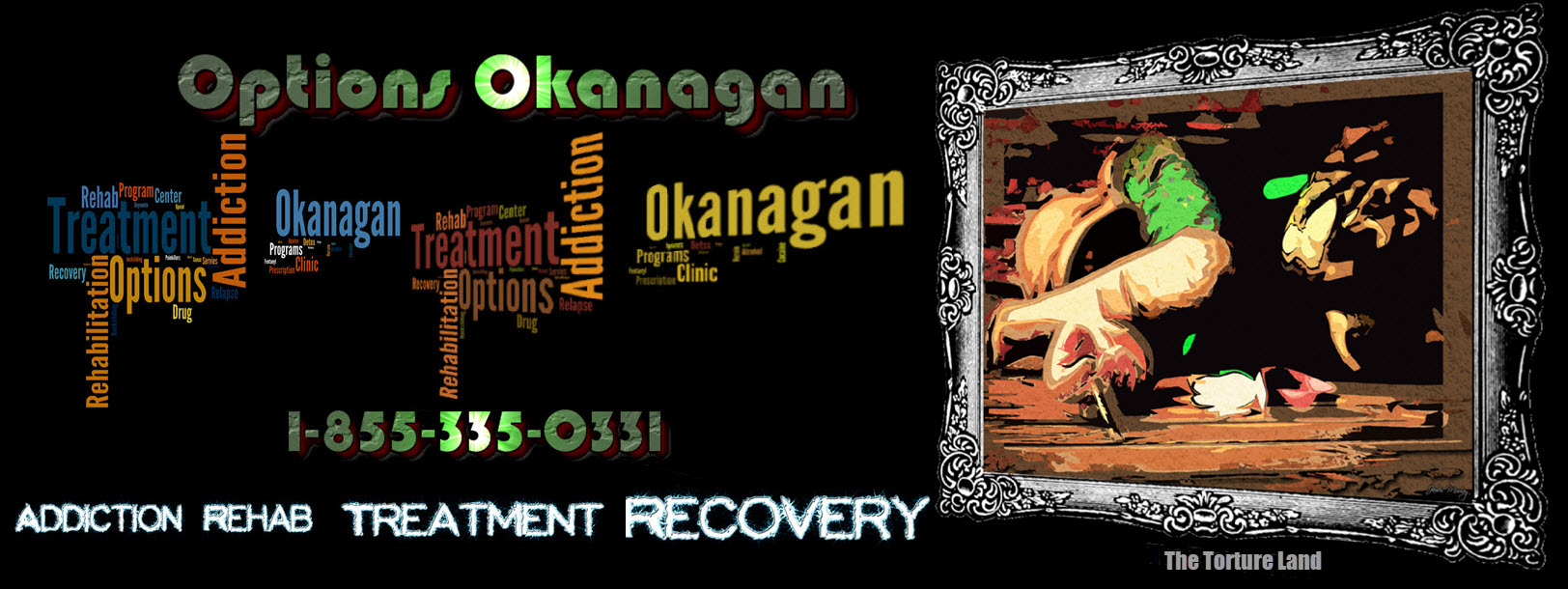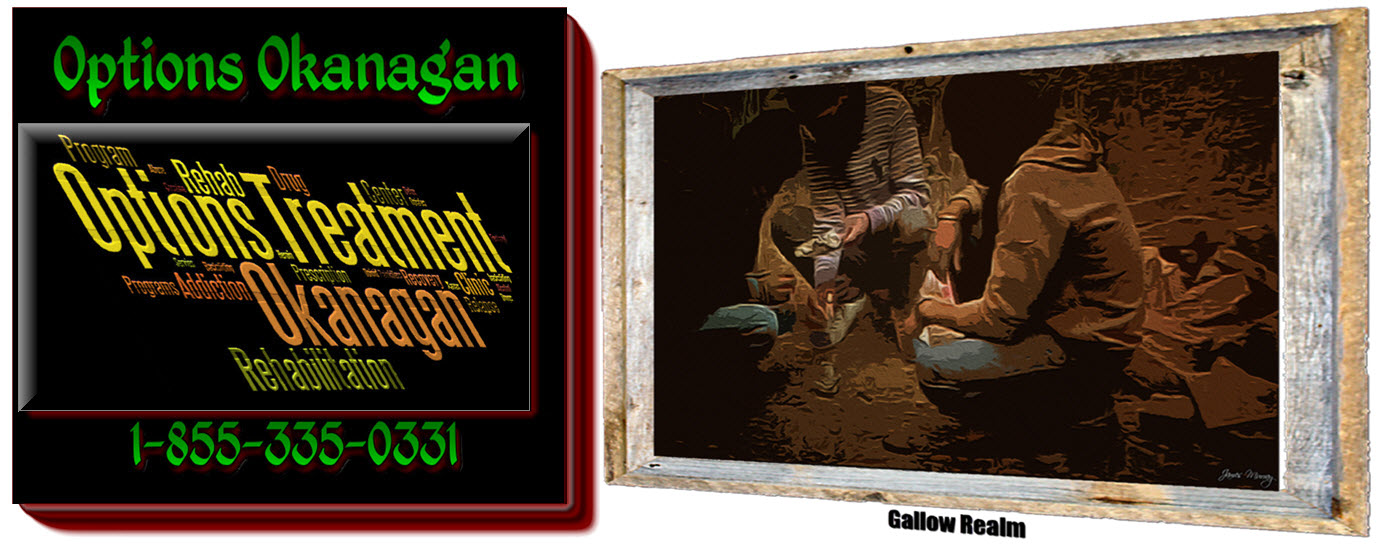Prescription drug treatment programs and their advantages and disadvantages. Opiate and prescription drug interventions in British Columbia and Alberta – Options Treatment Center in Kelowna, British Columbia treating prescription drug, opioid, opiate, fentanyl, heroin, and alcohol addiction and recovery.
Prescription Drug Rehabs In BC and Alberta
The medical health community needs to advocate for more personalized assessment, effective medical detoxification, and affordable psychological care. It’s time to change the way people see and treat drug addicts. Humans are physiologically complex creatures. Our physical condition is related to our emotional and social needs. Medical conditions like opioid disorders can be difficult to understand, which makes them a real challenge for many people. Studies show that while some people have a biological or genetic component that makes them more susceptible to substance abuse, others get caught up in this struggle due to social and behavioral factors. More often than not, however, it is a combination of various emotional, physical, and social elements that contribute to their problems in their relationships with opioids and other substances.
Although the causes of addiction have so many variables, opiate addiction is a fundamental physiological condition that requires professional medical attention. Too many opioid rehabilitation programs rely on screening and treatment of archaic drugs that penalize patients for lifelong relapsing and impotence. Sometimes repeated attempts at treatment become so tedious and ineffective that the patient becomes discouraged and pays the highest price. This conventional drug treatment method is not only associated with a high frequency of recurrence, but also cannot diagnose the existing psychological problems. Untreated psychiatric disorders often cause emotional distress that leads to drug addiction. Intense longing leads to repetition, which can lead to feelings of failure, followed by hopelessness and sometimes overdose.
Improve your understanding of prescription drug, opioid and alcohol addiction
There are social, emotional, and physical factors in dealing with addiction, especially opioids. Some people are more likely to develop addiction problems than others due to genetics or family history. There is also a biological component that some people are addicted to. Apart from the physiological aspects, there are active emotional components involved in addiction such as the relationship between chemical reactions in the brain and the desire to use drugs. Physical relief from a lack of stress creates a sense of euphoria and happiness that requires heavy drug use. Unfortunately, many people mistakenly believe that a person’s ability to properly decode the wrong things should automatically and easily counteract physical drug use. How can something that feels right be wrong?
The inability to stop using opioids is hard and opioids are addictive. Once a person realizes that they are addicted to an opioid, they feel ashamed and afraid. The next step is repeated attempts to deal with painful withdrawal symptoms. Eventually the individual becomes tired, feels stuck, knows that they are now considered a drug addict and believes that they have failed.
The key to treating opioid-related disorders effectively is providing patients with appropriate medication and treatment options that reverse physical opioid dependence and reduce drug appetite. This approach should also include an individual emotional assessment. In addition, affordable and appropriate mental health services can help develop valuable life skills for dealing with anxiety, grief, and stress, all of which have been shown to lead to reuse.
People will fail in drug treatment programs
For years, drug rehabilitation has convinced patients of a disease for which there is no cure. These drugs focus on the symptoms of addiction and often don’t see the person. Instead, they try to keep their customers on their toes and are tempted to constantly remind them of their weaknesses. These treatment centers have the belief that “once an addict, always an addict,” that addiction is a chronic, incurable disease, and treatment is the only option. This treatment approach is counterproductive and can destroy self-esteem, leaving people feeling inadequate in a society with no hope of quitting addiction.
The healthcare industry focuses more on addiction than on patients than on people with special needs. Many people suffered terrible consequences. Many of those battling addiction did not survive this deadly condition, and their loved ones were forced to overcome the grief associated with the traumatic loss.
How can the treatment clinic improve the patient’s opioid treatment program?
Given the drawbacks of this malicious approach, it is clear that urgent changes are needed. There are currently medical treatment options that reverse physical addiction to opioids. Effective medical detoxification allows patients to reverse opiate addiction. Addressing the disease promptly can also prevent the destructive side effects of social and emotional dependence. Non-addictive pharmacological therapies are also offered to relieve physical cravings and painful withdrawal symptoms. The fact that patients are not taking medication allows them to be more productive in dealing with their underlying emotional state.
Counselors and therapists know that effective treatments for addiction exist and patients can continue their productive lives. It is possible to reverse opioid addiction, regulate chemical imbalances, and treat almost any type of mental illness. Why do so many drug rehabs still treat substance abuse disorder as a lifelong disease that can never be cured? Why do opioid addicts face struggles, failures, and scars throughout their lives?
Unfortunately, too many treatment programs leave people on the path to relapses in recovery, and a repeatable doorway to further treatment. The sad reality is that instead of offering reliable and proven solutions, more financial input with constant persistence treatment.
Time for healing
It’s time to change the way everyone views and treats drug addicts. The professional medical community needs to advocate for more personalized assessment, effective medical detoxification, and affordable psychological care. You also need to use every available social media resource to help people better understand what addiction really is. Information and education will help dispel the stigma and fear that drives many people to seek help. With effective opiate treatment programs and good mental health care, the medical health community will be able to reverse the current opiate crisis engulfing the United States and Canada.
Options Okanagan Opiate and Alcohol Treatment Centers in Kelowna, Salmon Arm and Vancouver, British Columbia – Men and Women are recovering and healing from Alcohol and Drug Abuse at our treatment center here in the Okanagan right now.
Our unique and distinctive Opiate Drug and Alcohol treatment program allow men and women to come in from Calgary as well as Edmonton as we offer airport pickup.
Numerous clients come to us from Vancouver, Calgary, and Edmonton and other locations in Alberta and even other provinces for Opiate addiction treatment, heroin drug treatment, many other drugs, and alcohol addictions for rehabilitation because of the uniqueness of our treatment center.
Our (Kelowna) Alcohol and Drug Treatment Program Location:
(Not Mailing Address) – Contact Us – Web Page
For Mail Delivery :: Please contact each center for correct mailing addresses, also this location is the location of our residential treatment programs in Kelowna. Please call Toll Free 1-855-335-0331 – to contact the treatment center you are going to for the address and directions.
Options Okanagan Drug and Opiate Treatment Center
551 Sherrydale Crescent, Kelowna, British Columbia, V1V 2E6
Toll-Free Phone Number: 1-855-335-0331




